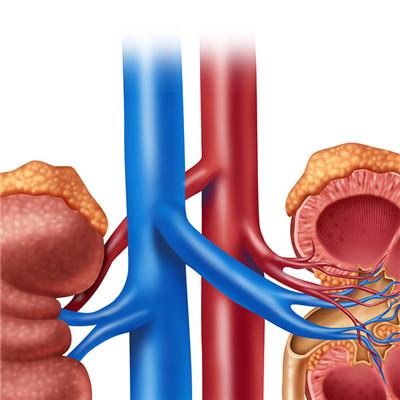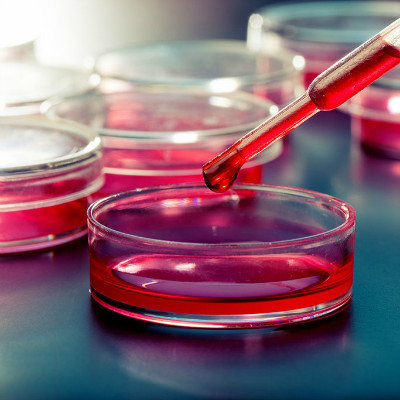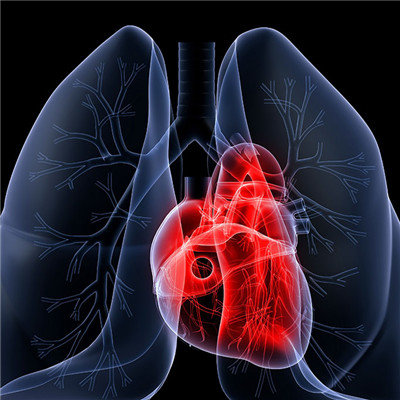Can infantile polycystic kidney be cured
summary
My cousin's family had been diagnosed with polycystic kidney a while ago. This disease often presented with symptoms of foam urine, and went to the hospital for treatment. Now the disease is under certain control. The doctor also told us about the causes of infantile polycystic kidney while treating the child again.
Can infantile polycystic kidney be cured
First, polycystic kidney is a kind of hereditary disease, which is an autosomal recessive genetic disease. At present, there is no effective treatment for this condition, so it is recommended to go to the hospital regularly for re examination. Moreover, most patients with polycystic kidney will have polycystic liver at the same time, so it is suggested that the liver also need to be examined by ultrasound to see whether it is normal

Second: infantile polycystic kidney, also known as autosomal recessive polycystic kidney, is one of two kinds of polycystic kidney. The etiology of autosomal recessive polycystic kidney disease is mainly due to the congenital inheritance of parents, so it begins to develop in infancy. Antihypertensive treatment is good for children, but not for polycystic kidney. We can try drugs to control the progress of polycystic kidney, but there are side effects

Third: neonatal polycystic kidney, is the renal parenchyma with numerous cysts, can make the renal volume increase, the surface has uneven protrusion, cystic changes on the surface of the kidney, is the abnormal formation of embryonic development, later will affect renal function, hypertension and so on

matters needing attention
Numerous cysts containing urine like fluid appeared in the cortex and medulla of the kidney in polycystic kidney (PK). There are two forms of inheritance, one is autosomal dominant polycystic kidney disease, which usually presents symptoms in adulthood, but can also appear symptoms in newborns, which used to be called adult PK; the other is autosomal recessive genotype, which used to be called infant PK, which shows symptoms at birth and even dies in newborns, but it has been found that this type can also be seen in adults in recent years. The former type is more common, about 12-24 times of the latter type














